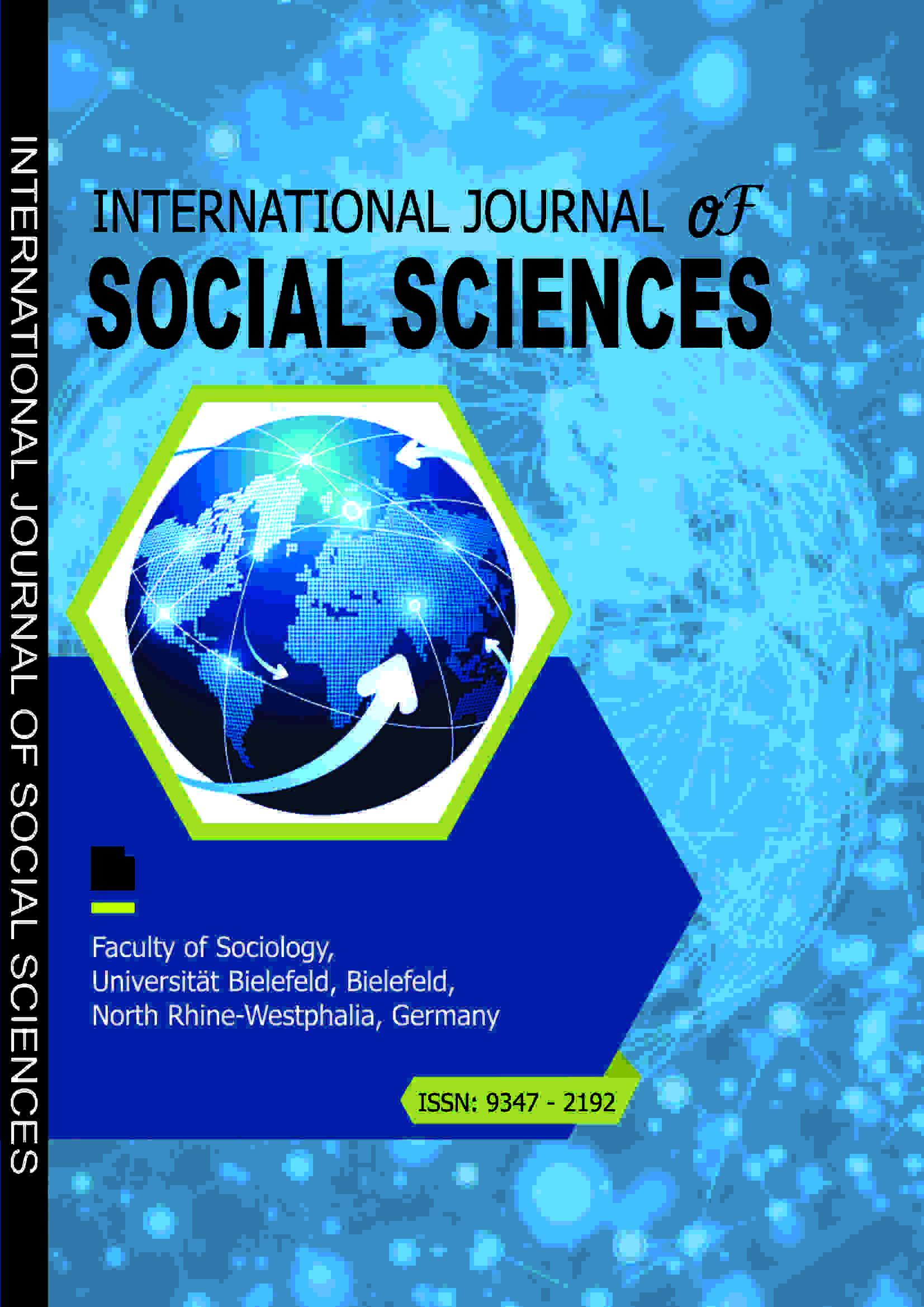INTERNATIONAL JOURNAL OF SOCIAL SCIENCES (IJSS)
SOH-LAH-DOH and Motivic Metamophosis in Sam Ojukwu’s Compositions
E-ISSN: 7885-4322
P-ISSN: 9347-2192
DOI: https://iigdpublishers.com/article/655
Music as a discipline and course of study is known with the school of thought encompassing the broad mother umbrella musicology. Some other cognate areas or specialization options includes historical musicology, theory and analysis of music, composition and performance practices as choice areas of interest which conglomerate the preference subject of discuss in this literature. Music history amongst other areas of multiple interests discusses the profiling of serial prolific composers, enumerate and elucidate their compositions, the musical elements and characteristics they used, the period the composers lived including their personalized lifestyle and characteristic traits, others are nuances as components that are seen in their compositions to form personality traits. Obviously, one of the giants of African sacred music avant-guard in the personality of Sam Ojukwu as a second generation Nigerian Art Music Composer from formation, development to maturity stage just like western counterparts manifested traits the researcher christened SOH-LAH-DOH as the trust of this article for discussion as a brand and trade mark of the composer. The aim of the paper is to investigate some reticent characteristics in his compositions, while the objectives are to divulge for documentation, didactic aesthetics and amelioration of the many prospects of musical sonic materials the composer harnessed, therein underlies the rudiments and theory of both western and African music idioms and philosophies of the composer fused together effectively in his works through African rhythmic techniques, like hemiola rhythm, hocket technique/rhythm (canonic devices as equivalent semantics in the western clime), call and responses (contrapuntal techniques as the western equivalent idiom) arpeggios’, sequences and repetitions (an African music characteristics) amongst other sonic materials including socio-cultural, religious, psychological and didactic influences that impacted his works. The historical, analytical and qualitative survey designs forms the mixed methods used, integrating archival primary and secondary sources of data collection as well as participant observation approaches as the instrument for data collection. Findings revealed that the composer can be regarded as an icon, legend and instrumental to the fulfillment of the evolution and trend of the development of African sacred art music that made optimal use of his today as the tomorrow he looked up to yesterday. The research concluded by recommending that composers should not just compose as justification for societal fulfillment, but should compose to carve niches for themselves and become models for younger generations to study as literatures for eulogizing, archaizing and for posterity sake.
Alfred Gelles Albert PhD & Kinye Oribim Georgewill
Agu, D.C.C (2011). Form and analysis of African Music. Enugu: New Generation Ventures Limited.
Akpabot, S.E (1986). Foundations of Nigerian traditional music. Ibadan: Spectrum Books Ltd.
Akpabot, S.E (1998). Form, function and style in African music. Lagos: Macmillan Nigerian Publishers Limited.
Albert, A. G. (2013). Sacred Preludes and Anthems: An Original And Arranged Compositions. An Unpublished M. A. Thesis Submitted to The Department of Music, Nnamdi Azikiwe University, Awka.
Albert, A. G. (2018). Vocal and Instrumental Compositions as Agent of Unity in Diversity. An Unpublished Ph.D Dissertation submitted to the Department of Music, Faculty of Humanities, Nnamdi Azikiwe University Awka.
